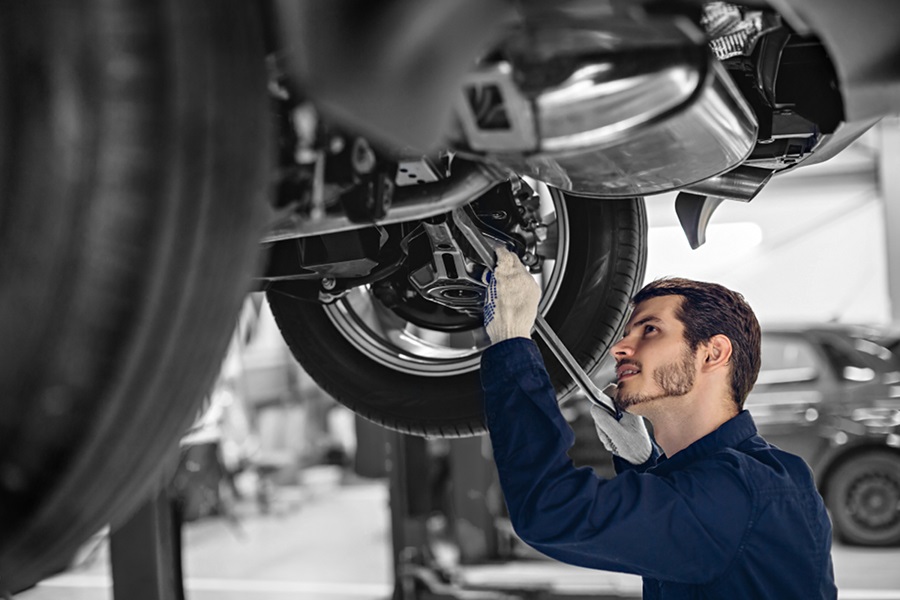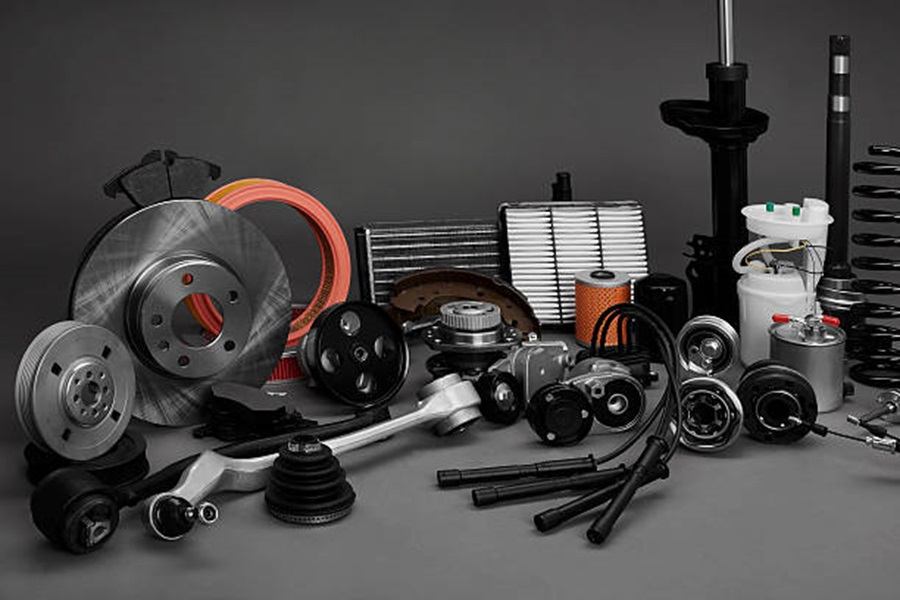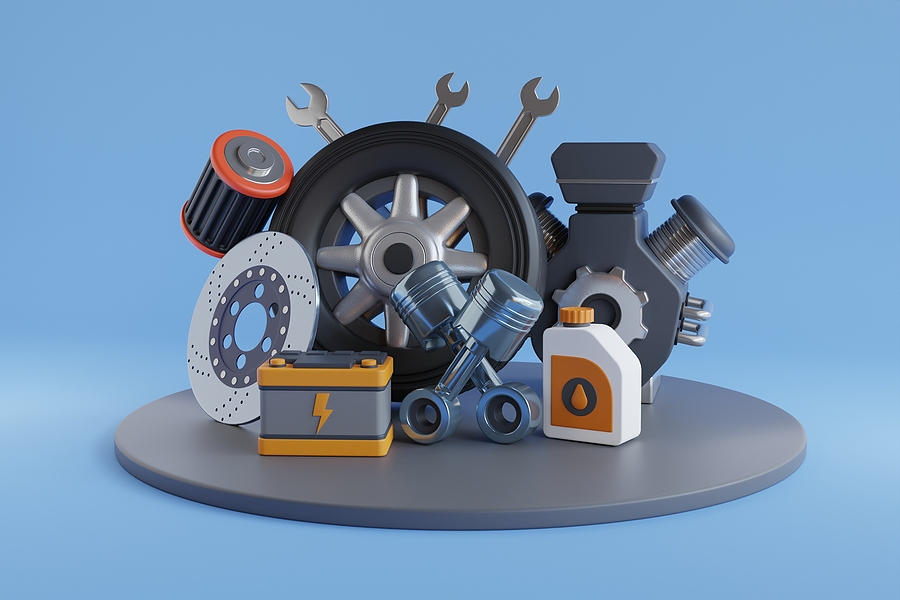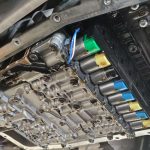In those moments of sudden stillness, when engines fall silent and we find ourselves stranded on unfamiliar roadsides, towing services become more than just a practical necessity—they transform into essential lifelines reconnecting us to the flow of our carefully ordered lives. I remember my first major breakdown on the PIE during a thunderstorm, watching sheets of water cascade down my windscreen while vehicles rushed past, their drivers carefully avoiding eye contact, as though my misfortune might somehow be contagious. In that moment, I understood something fundamental about modern vulnerability—that for all our technological advancement, we remain profoundly dependent on machines whose inner workings most of us scarcely comprehend.
The Peculiar Psychology of Breakdown
There’s a distinct emotional progression that accompanies vehicular failure. First comes denial—that gentle coaxing of the accelerator, the hopeful turning of the ignition key, as though the right combination of familiar movements might persuade the machine back to life. Then follows frustration, often disproportionate to the actual inconvenience, because what’s truly threatened isn’t just our schedule but our illusion of control. Finally arrives a strange resignation, a surrender to circumstances that feels almost primitive in its completeness.
“People often arrive at acceptance just as we arrive at their vehicle,” observes Mr. Tan from East Coast Towing. “It’s like they’ve worked through something internal before we even connect the tow hook.”
The Taxonomy of Roadside Distress
Not all breakdowns are created equal. There exists a hierarchy to these mechanical betrayals:
-
The Merciful Home Failure
Your vehicle refuses to start while still safely in your driveway
-
The Car Park Surrender
Returning from errands to find your transportation has quietly abandoned its responsibilities
-
The Warning Signal Saga
Dashboard lights that flash with increasing urgency before culminating in stillness
-
The Catastrophic Expressway Abandonment
Without warning, at high speed, metal and technology transform from transport to obstacle
-
The Remote Location Collapse
Breaking down in unfamiliar territory as daylight fades or weather turns
Each scenario carries its own emotional texture, from mild inconvenience to genuine vulnerability. The remote breakdown, particularly at night or during inclement weather, awakens something primal—a discomfort our ancestors might have felt when separated from their tribe in unfamiliar territory.
The Unexpected Intimacy of Rescue
“I’ve seen grown men nearly in tears when I arrive at a remote location after dark,” Ms. Wong from Singapore Express Recovery shares. “It’s not weakness—it’s the relief of knowing they’re no longer alone in facing a situation beyond their control.”
This sentiment resonates deeply. The relationship between tow operator and stranded motorist exists in a strange liminal space—between stranger and confidant, between service provider and rescuer. The cab of a tow truck becomes a peculiar confessional space, where conversation often veers toward unexpected vulnerability.
“People tell me things during that short drive they probably wouldn’t tell their close friends,” Mr. Lim reflects after twenty years in the industry. “There’s something about being helped in a moment of helplessness that opens people up.”
The Choreography of Recovery
There’s something mesmerising about watching skilled recovery operators at work. Their movements display the efficiency that comes only from thousands of repetitions—knowing precisely where to position the wheel lift, how to secure straps without causing damage, the exact hydraulic pressure needed for different vehicle weights.
“Every vehicle presents its own puzzle,” explains Mr. Goh from Central Singapore Towing. “The technical knowledge matters, but what separates professionals is the ability to adapt when the situation isn’t textbook—which, frankly, is most of the time.”
This adaptive expertise represents a form of craftsmanship that’s increasingly rare in our specialised economy—the ability to assess complex mechanical situations and improvise effective solutions using limited tools and under less-than-ideal conditions.
Prevention Through Preparation
“The best breakdown is the one that never happens,” veteran recovery specialist Mr. Zhang observes with the straightforward wisdom that comes from decades of roadside assistance. His simple statement contains profound truth: preparation remains our most effective defence against roadside emergencies.
Essential preparations include:
-
Maintaining a dedicated emergency fund for vehicle mishaps
-
Storing multiple reliable towing contacts in your phone
-
Keeping basic supplies (water, non-perishable snacks, first-aid kit)
-
Understanding your insurance coverage for towing and roadside assistance
-
Learning to recognise early warning signs before they escalate
-
Regular maintenance schedules followed without exception
The Invisible Infrastructure of Urban Mobility
What fascinates me most about towing services is their curious position in modern infrastructure—essential yet invisible until needed. They represent a shadow transportation system that exists primarily to rescue the primary one. This redundancy reveals something about our relationship with technology: we build systems we cannot live without, then build backup systems to rescue us when the primary ones inevitably fail.
“We’re part of Singapore’s resilience planning, though most people don’t think of us that way,” notes Ms. Tan, whose family has operated recovery vehicles for three generations. “In any major incident—floods, accidents, even the rare instances of civil unrest—recovery vehicles are among the first resources mobilised.”
The Return to Movement
Eventually, all breakdowns resolve. The vehicle is repaired or replaced, and life resumes its forward momentum. Yet something subtle changes in your relationship with your car—a new awareness of its limitations, perhaps, or a fresh appreciation for its reliability on the days it functions as expected.
In the complex tapestry of urban mobility, towing operators serve as invisible menders, repairing not just broken connections between people and destinations, but also restoring our sense of control and freedom. When the unexpected leaves us stranded on unfamiliar roadsides with plans disrupted and schedules unravelling, there remains profound reassurance in knowing that help exists just a phone call away—the capable, efficient hands of towing services.










